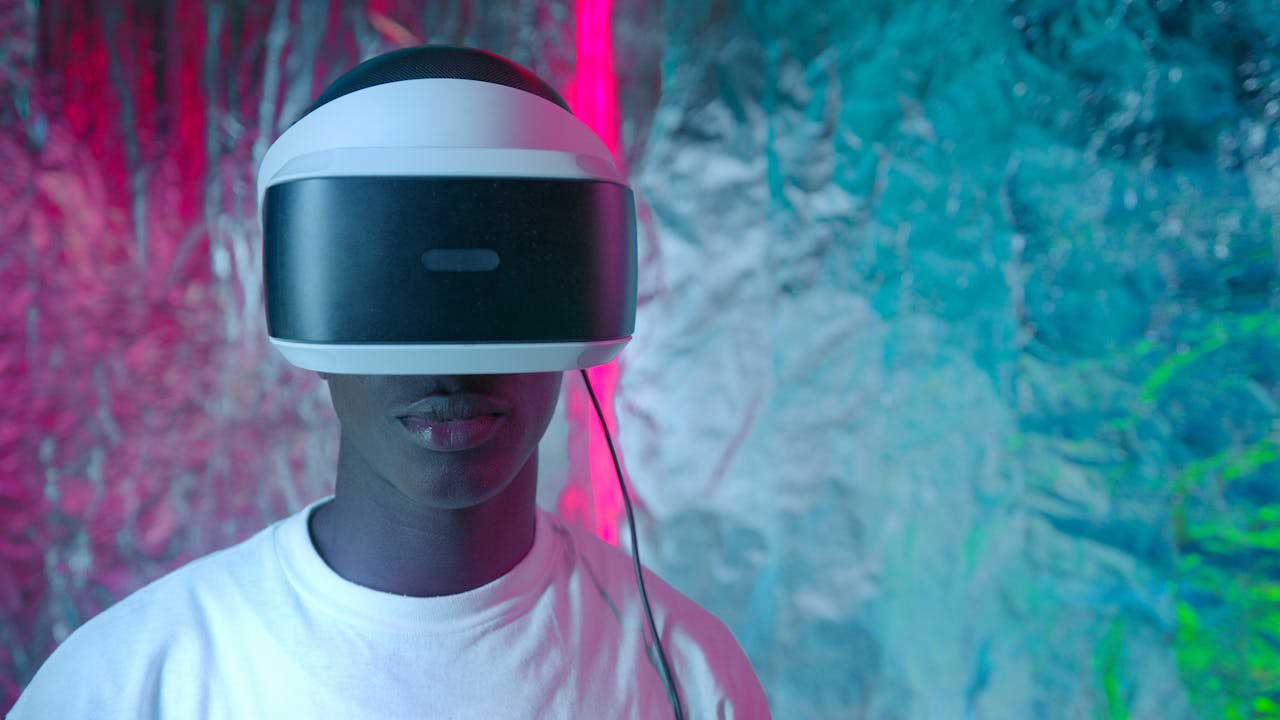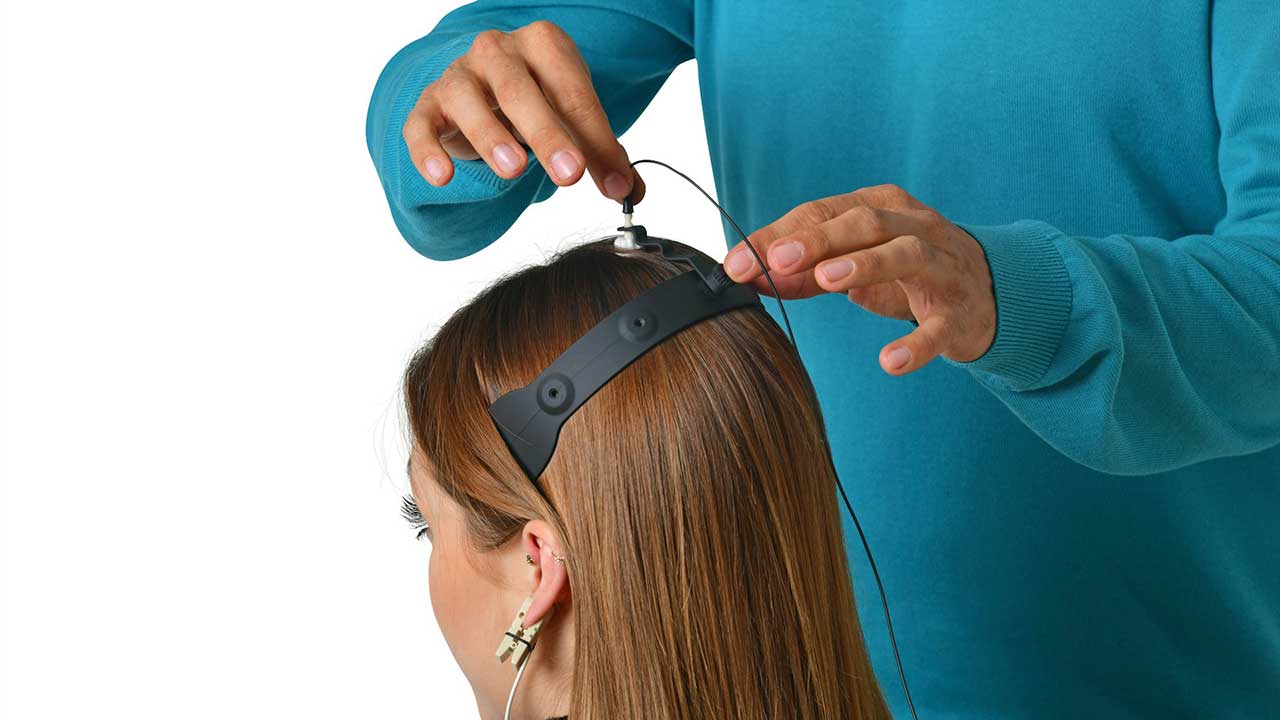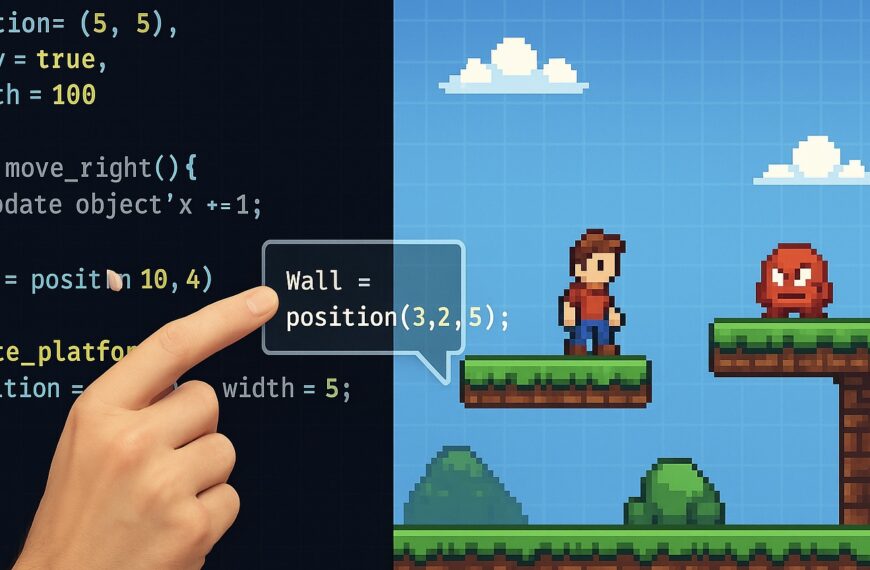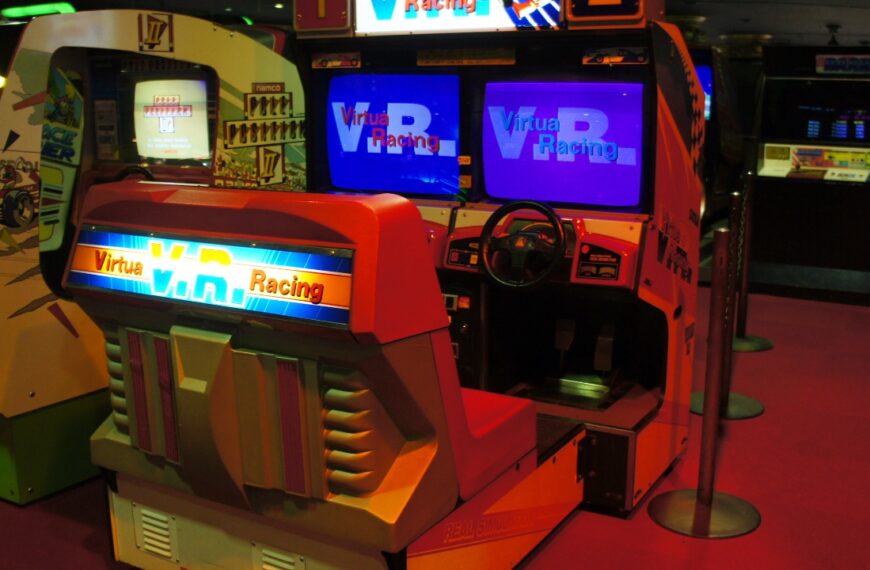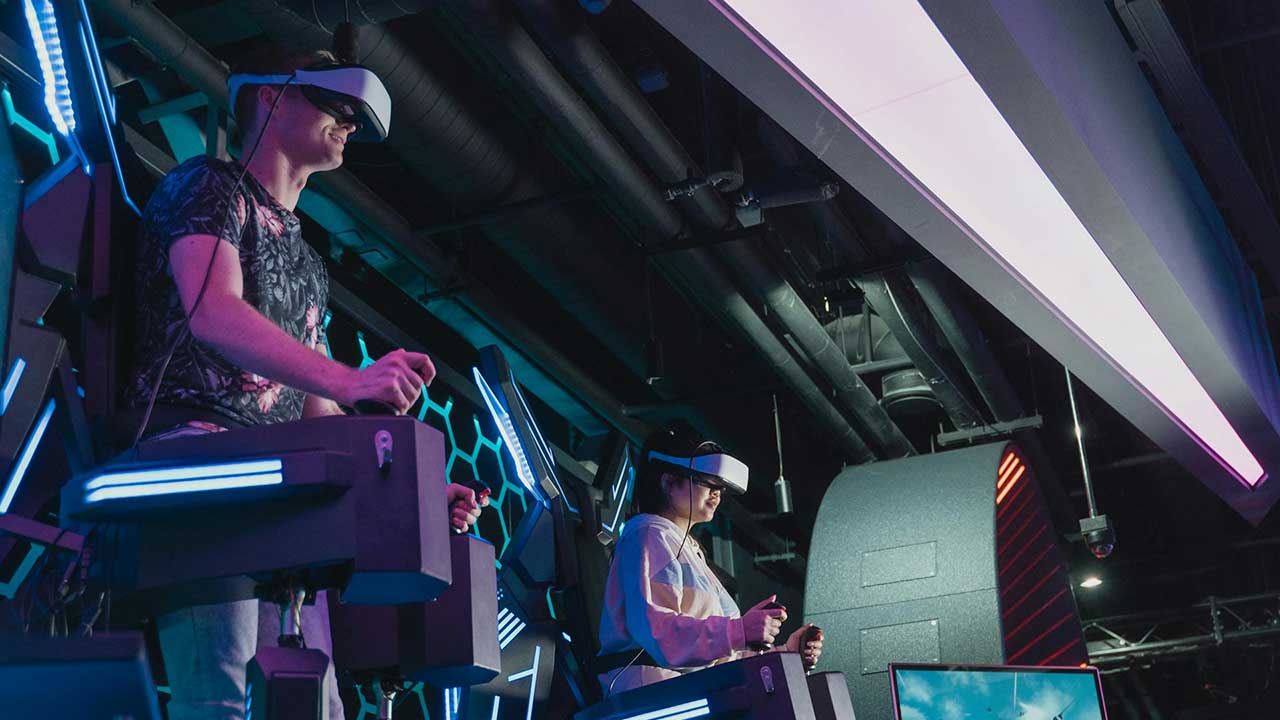Artificial intelligence is often associated with sectors like finance, logistics, or medicine—but some of its most important foundations were laid in a very different setting: video games. Long before neural networks were predicting traffic or generating images, game developers were quietly building, testing, and refining the same core ideas in virtual worlds where feedback was instant and stakes were simulated.
The First Testing Ground for Game Intelligence

Even simple games from the early arcade era played a role. The ghosts in Pac-Man, for instance, didn’t just follow a fixed path. They had individual behavior routines—aggressive, evasive, ambush-based—that collectively mimicked group strategy. This early taste of reactive systems helped shape how developers approached digital decision-making. As outlined in Le Monde’s retrospective on AI in games, titles like this were the industry’s earliest experiments in programmable behavior.
Neural Networks Before They Were Buzzwords

By the mid-1990s, games weren’t just simulating behavior—they were creating systems that could learn. The 1996 PC title Creatures used basic neural networks to let digital lifeforms adapt based on how they were treated. Players could teach them language, observe personality traits, and even watch them pass habits to offspring. These mechanics weren’t just novel—they introduced gamers to foundational AI concepts long before they became mainstream. As reported by The Guardian, this kind of interaction laid early groundwork for AI’s eventual evolution in simulation and behavior modeling.
Why Game Worlds Are Ideal AI Labs
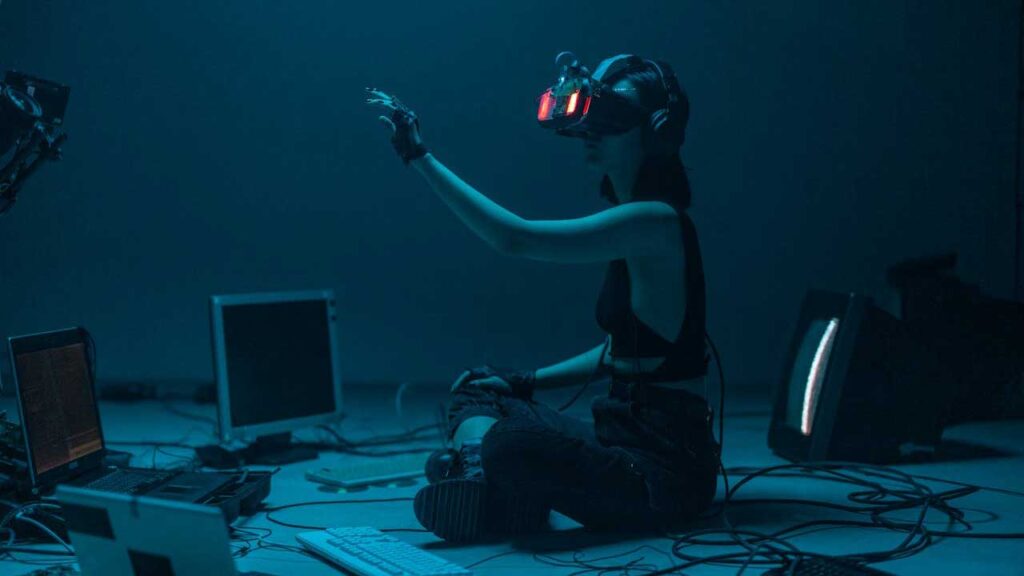
Fast-forward to today, and games are being used as training labs for real-world AI. Unlike chaotic real-life data, games offer closed systems with clear rules, controllable variables, and endless repeatability—ideal conditions for reinforcement learning. That’s why platforms like OpenAI’s Universe have used everything from Flash games to 3D driving sims to train AI agents to react, explore, and solve problems in dynamic environments.
Tech That Moved Beyond the Screen

Techniques originally refined for in-game enemies and pathfinding have since been adopted by robotics companies and autonomous vehicle developers. The way a guard patrols a hallway in a stealth game or how an RTS unit navigates terrain has surprising relevance when programming robots to move through a warehouse. Research on these crossovers—like the work published in arXiv’s machine learning journals—shows how video games remain one of AI’s most active playgrounds.
Where This Relationship Goes Next

Today, AI isn’t just something games use—it’s becoming something games are made with. Developers are integrating AI to build levels, voice characters, and dynamically adjust narratives. At the same time, game-like environments remain ideal simulations for testing AI that might someday work in the real world. It’s not just a partnership of convenience—it’s a co-evolution. And much of what AI becomes next might still be shaped, tested, and refined inside a video game.
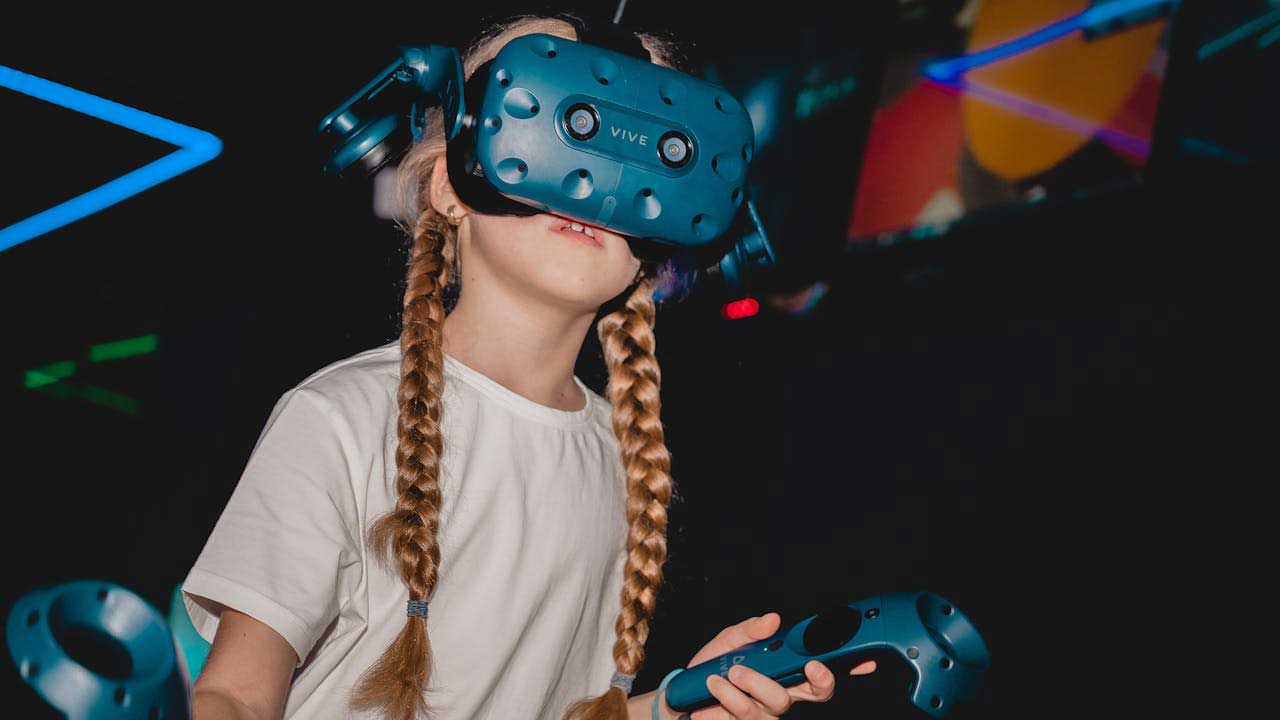
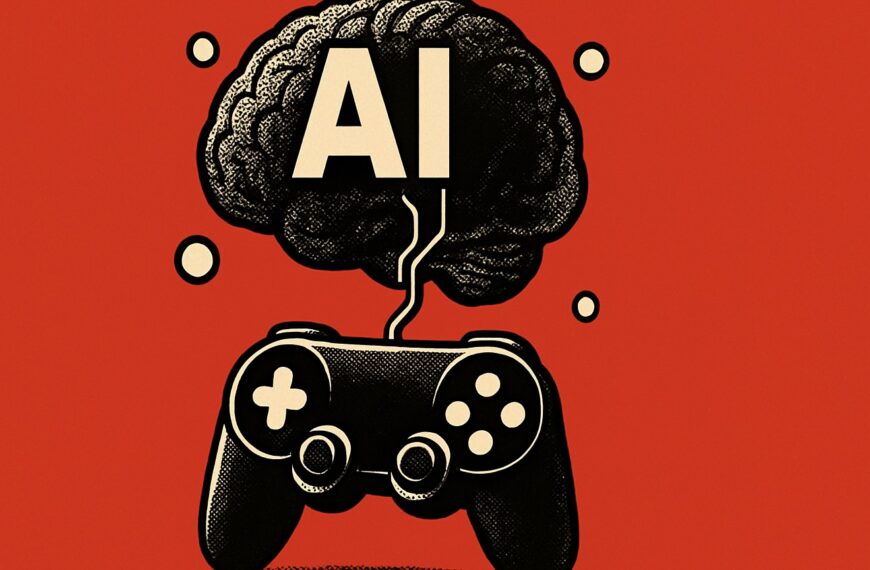
 By
By
